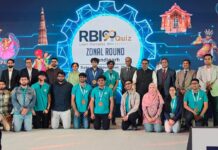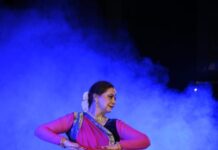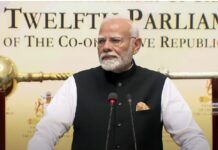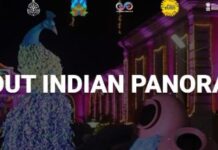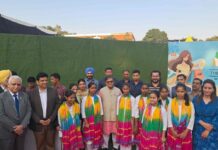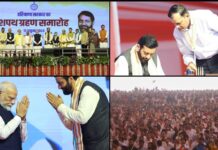Chandigarh February 2, 2022
WORLD WETLAND DAY CELEBRATION ON 2ND FEBRUARY 2022
On the world wetland day that is celebrated every year on 2nd February, the Department of Zoology, Panjab University, Chandigarh in association with Punjab State Council for Science and Technology organised a webinar to discuss on this year’s theme ‘wetlands action for people and nature’. The webinar was organised by the department to bring awareness about the wetlands. The first distinguished lecture entitled “Wetland monitoring to ensure the well-being of people and nature” was delivered by Dr. J.A. Johnson, Scientist-E, Wildlife Institute of India (WII), Dehradun, India. He introduced different types of wetlands to the audience and emphasised on the effect of pollution, eutrophication and invasive species on wetland ecosystem. He also encouraged academicians and students to participate in monitoring change in water quality, habitat conditions and pollution in the wetland areas as an initiative for conservation of wetland to ensure wellbeing of people and nature.
The second lecture entitled “Conservation significance of wetlands” was delivered by Dr. Gopi G.V., Scientist-E, Wildlife Institute of India (WII), Dehradun, India. The major objective of his talk was to provide an understanding of wetland ecology and conservation issues relating to wetlands and costal habitats. He also encouraged to develop passion for conservation and management of wetlands and wetland associated species and communities in younger generation. Further, he highlighted the biogeographic distribution of major wetlands of India ranging from Himalayan regions in the north to the Malabar coast in the south. He concluded by discussing various factors that are leading to the degradation of wetland and its loss.
The sessions were chaired by Prof. Sukhbir Kaur and Prof. Harpreet Kaur, Department of Zoology, Panjab University, Chandigarh. Dr. Y. K. Rawal, Chairperson of the department welcomed the eminent speakers. The program was coordinated by Dr. Archana Chauhan. More than 80 participants registered for the talk including students, research scholars and faculty members from Panjab University and adjoining colleges and institutions.


